How the world’s most frequent voters handle postal ballots
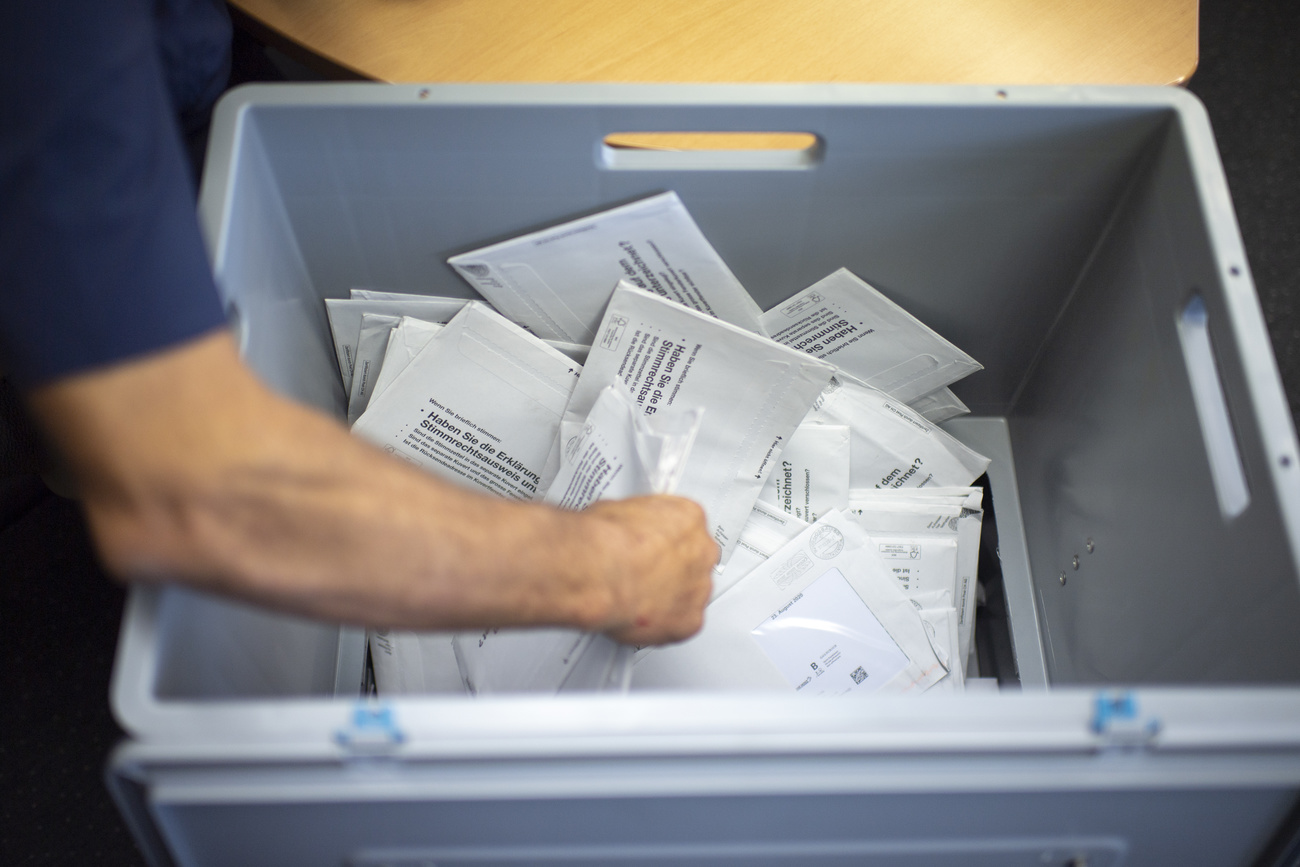
Switzerland, where citizens vote four times a year, has a longstanding tradition of mailing its ballots. How did that play out during a pandemic?
Mainly out of habit, when covering votes like the one held recently, journalists often write sentences like: “Swiss voters on Sunday will decide the fate of x” or “citizens head to the polls this weekend to vote on y”.
But this is a bit misleading. Around 90% of ballots are already cast before the official voting day, by post: the results are often already settled – they’re just sitting in post offices and municipal count centres across the country, waiting to be tallied.
On the day before the most recent Swiss nationwide referendum, vote officer Jürg Billwiller could be found marshalling his troops at one such centre, in Oberwinterthur near Zurich: his 30-odd counting staff sit at the ready, two to a table in the meeting hall of the Protestant church.
It’s low drama, but dutiful. The counters – paid volunteers – alternate between leafing through documents and watching their partners leaf through documents. Four eyes are needed on each ballot to raise accuracy and prevent fraud. Some chat, others wear headphones, all are wearing masks.
By mid-afternoon, they have finished verifying one of the two elements of the Swiss postal vote system: the “voter cards” that must accompany a ballot, signed as proof of identity. Then they start on the ballots themselves, containing votes on five national and two cantonal issues. They remove them from the envelopes, inspect them, and sort them.
But no counting! Billwiller says.
It’s still only Saturday: the real tally must wait a bit. For now, they remove the dud ones (illegibles, expletives, blanks) and arrange the good ones (marked “Ja” or “Nein”) into expectant piles. The totting will be done tomorrow, both by hand and by a banknote counting machine.
Hefty plastic boxes sit on the floor, bunches of documents arranged in piles of 100 sit on the converted stage. A 10-minute break is called, then it’s back to work. It’s all very orderly.
How many votes has Billwiller run here over the years? Many, he says, many, he doesn’t remember…
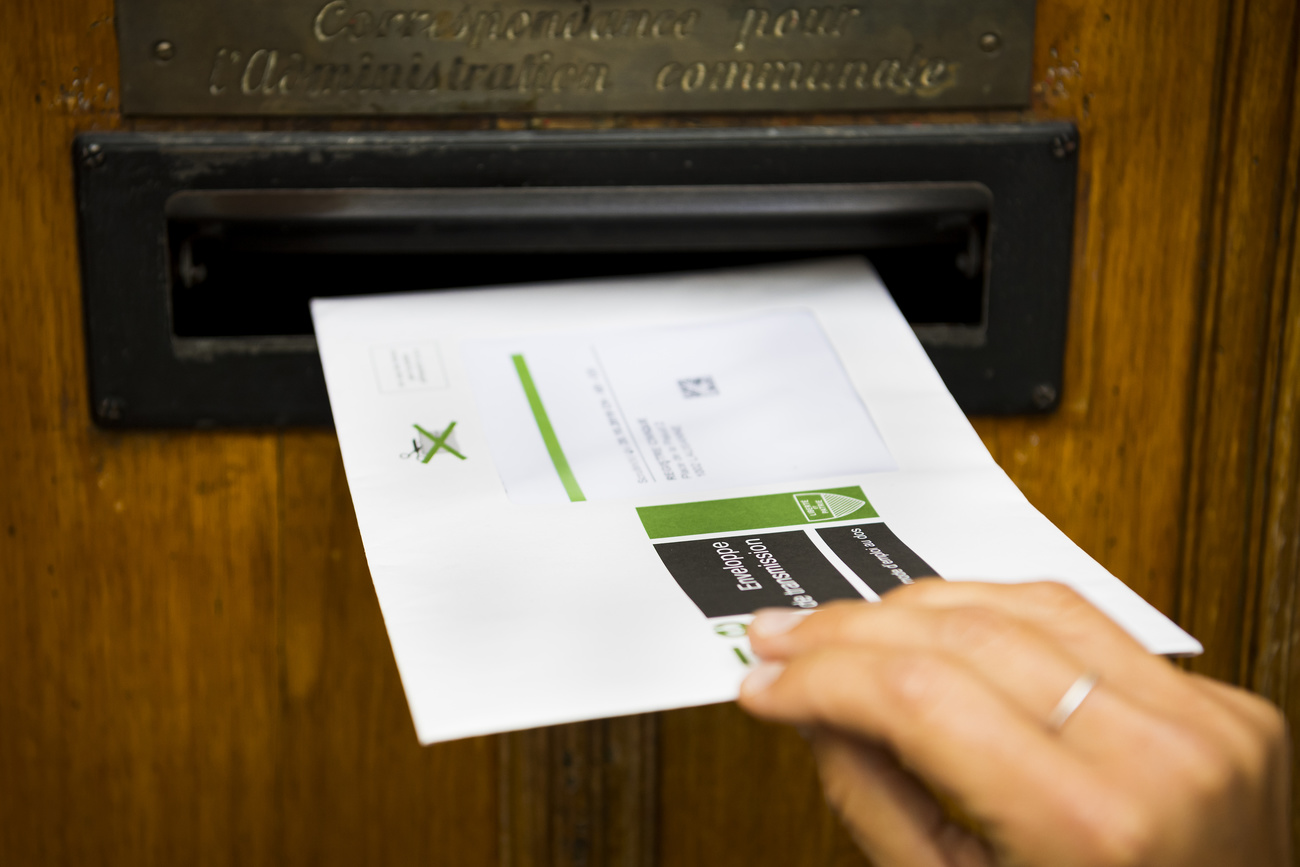
More
Why voting by mail is rarely easy
He and his team are one of thousands of cogs in the nationwide system that makes it possible for “vote Sundays” – the quarterly highlights of the Swiss direct democracy year – to run smoothly. September 27 was particularly busy, with five issues on the ballot, because those that should have been up for a vote in May were postponed amid the Covid-19 crisis.
Nevertheless, preparation and sorting means things move fast: by noon, when polls close, results start to trickle in immediately. Then, despite the multiple national, regional, and local votes on each ballot (in Oberwinterthur there was also one exclusively for Protestant churchgoers), results are confirmed within a few hours.
An established procedure
The whole process starts about four months beforehand, explains Stephan Ziegler, head of votes and elections in Zurich, the largest Swiss canton. Each of the 26 cantons – responsible for organising vote logistics – receives the list of national issues on the ballot from federal authorities and starts preparing informational brochures for its citizens. Eight weeks out, municipalities then start printing ballots according to the electoral register; these arrive via post three to four weeks before vote day, along with the brochures. Citizens can mail them back up until shortly before the Sunday vote.
“It’s a very established process,” Ziegler says. “There are no preconditions for voting by post – [the ballot] just arrives at your house.”
First introduced in the late 1970s as an effort to boost low voter turnout, postal voting was anchored in Swiss law in 1994. By 2006, all 26 cantons had introduced functioning systems.
“It works well, so there’s not much debate about it,” says Uwe Serdült, a political scientist at the University of Zurich. Cantons report that around 90% of citizens now vote by post, and some have reported figures up to 97% (Aargau, 2017). There were debates about security in the early years of postal voting, Serdült says – as there are now around e-voting. But over the years it has been accepted, largely due to the high levels of trust in Switzerland – “vis-à-vis the state, and in the postal system”.
The turnout goal has also been achieved – somewhat. A 2007 study estimated a boost of around 4.1% after introducing postal voting, on top of a 43% average turnout between 1970 and 2005. But overall participation remains low, and it can’t entirely be attributed to the hassle of traipsing to a polling station on a wintry morning. Rather, experts say it’s because of the high frequency and complexity of Swiss votes.
And for those like Billwiller who still enjoy the experience of casting their vote in person – or for those who forget to vote by post – the option to go to a polling place the day of the vote still exists, and is not likely to die out anytime soon.
Voting in a pandemic
But this time around, the coronavirus meant some places were keen to push postal voting more than usual. In Bern, billboards around the city showed a vote-carrying pigeon encouraging citizens to “stay healthy and vote by post!”, and a flyer encouraging postal voting was sent with every ballot.
Those efforts in the Swiss capital seemed to work, with city authorities this week reporting a jump in postal votes from 87.7% in February (the previous national ballot) to 93.3%.
Other parts of the country have also reported marginal increases in votes cast by mail between this ballot and earlier ones: from 90% to 92.6% in canton Zurich, 93% to 93.5% in Ticino, and from just under 95% to just under 96% in Basel City.
Meanwhile, overall participation on September 27 was up hugely: at nearly 60% it was one of the best turnouts in decades.
In Oberwinterthur, the number of postal votes went up by 1.5%, to just over 90%. But the main effects of the pandemic were rather in the new working conditions. Normally, Billwiller would have had double the number of workers. They also wouldn’t have to sit so far apart, or wear masks. And normally they would be a mix of ages, he says.
He looks around: all young this year – they couldn’t risk using anyone at higher risk for Covid-19 complications.
Kinks in the post
Of course, the postal voting system, like Swiss democracy itself, isn’t always perfect. About 30,000 of the 780,000 Swiss citizens living abroad didn’t receive or couldn’t return their ballots for the latest vote by post due to the pandemic’s impact on mail services. This left many infuriated, especially since one of the five national vote issues, on purchasing new fighter jets, was decided by fewer than 9,000 votes.

More
Swiss abroad feel let down by vote failures
Postal voting is becoming “more and more out of date”, says Jézael Fritsche, a spokeswoman for the Organisation of the Swiss Abroad. Because the Swiss abroad move around a lot, and because other postal systems can be less reliable than the Swiss one, expat citizens often complain they don’t receive their vote materials in time to vote. This amounts to “de facto discrimination” against them when it comes to exercising political rights, says Fritsche.
She and her organisation will thus continue to push for an e-voting option, which right now is off the table following security failures in previous efforts to develop a Swiss e-voting system.
But compared to with debates over postal voting elsewhere in the world, Switzerland’s problems with mailed ballots are “very limited in scope”, says Serdült of the University of Zurich.
Fraud is rare but has happened. Last year, police questioned an employee from the Geneva electoral office over suspicions of destroying some ballots and adding others. In Bern, 300 votes in the 2016 local elections were declared void after investigators discovered they all had the same handwriting.
Another possible problem is “family voting”. How common is it that the head of the household takes the ballots and fills them out for all family members? Or that somebody, without the secrecy of the ballot box to rely on, is coerced to vote a certain way?
“In Swiss political culture we assume this [family voting] doesn’t happen, though it probably does,” says Serdült. “But it’s a non-issue, that is to say, an unknown”.
Stamps are another minor but persistent issue. While some cantons send voting materials pre-stamped, others expect each voter to pay for return postage themselves. Does this affect turnout? The evidence is unclear, although Bern – which makes voters buy their own stamps – has recently raised the question in its city parliament.
No such worries in Oberwinterthur, however. Postage is prepaid in canton Zurich, fraud cases are unheard of in the last decade, and Billwiller is happy with how things are going. Around 7,000 ballots have come in by Saturday afternoon, meaning a turnout already above 50% in his counting circle of around 14,000 citizens. Spoiled votes are uncommon, though he’s called on every now and then to make a legibility judgement.
What’s the biggest problem that can turn up? Billwiller thinks for a moment but can’t seem to find an answer. Then a colleague arrives, holding up a mailed-in ballot with a puzzled expression. It’s from the previous local election, held during the summer. Too much democracy can also be confusing.

In compliance with the JTI standards
More: SWI swissinfo.ch certified by the Journalism Trust Initiative



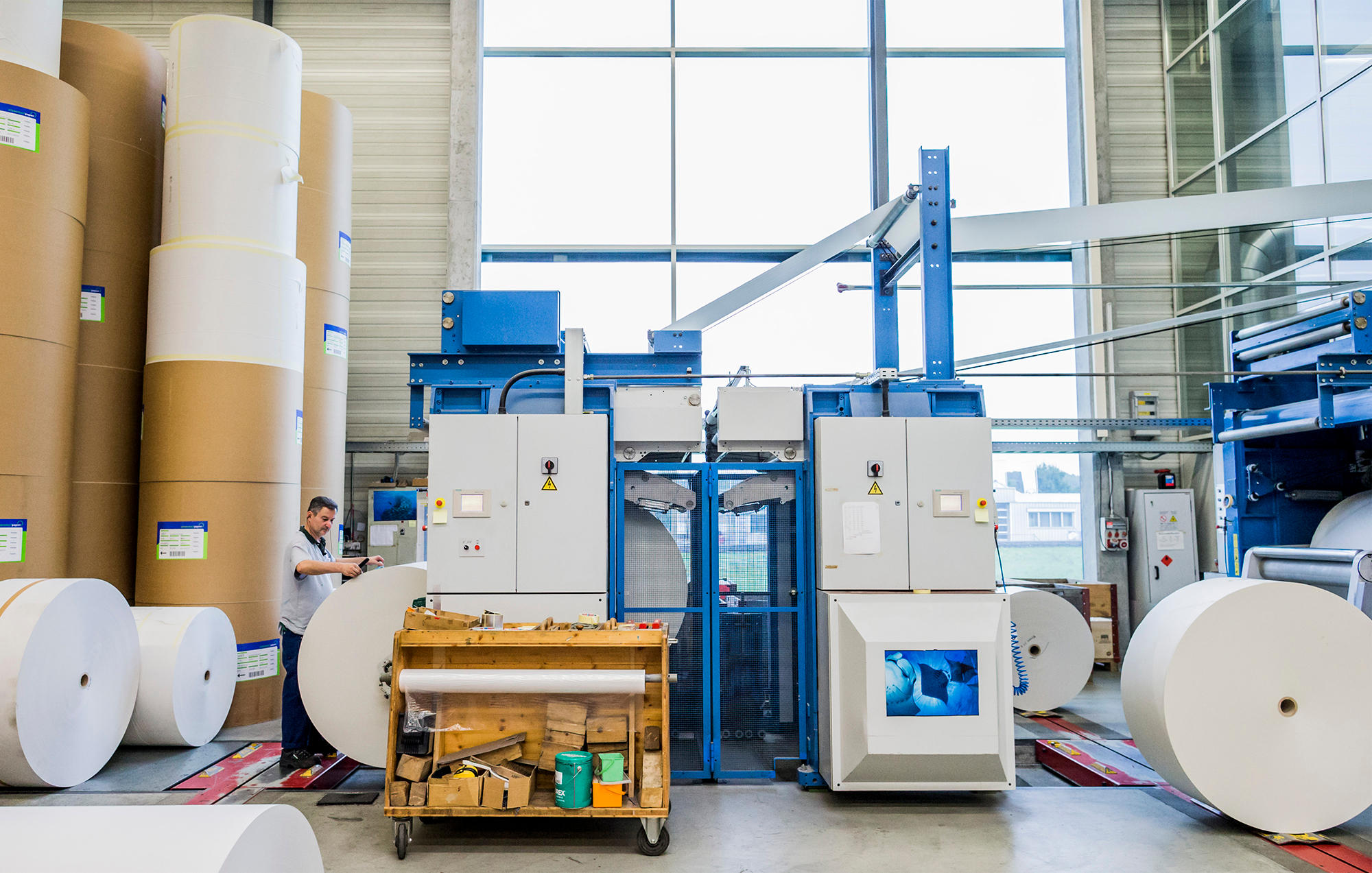
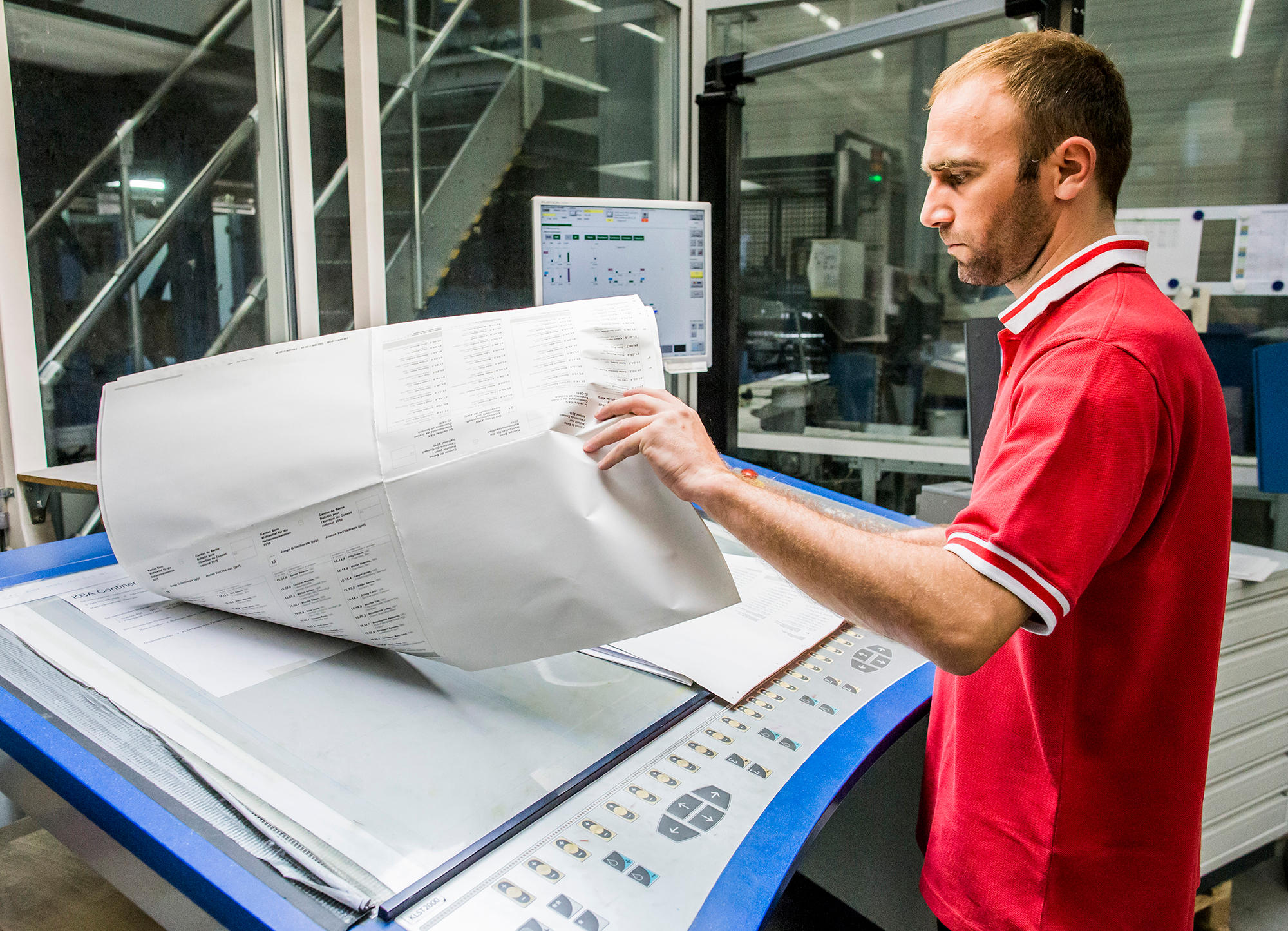
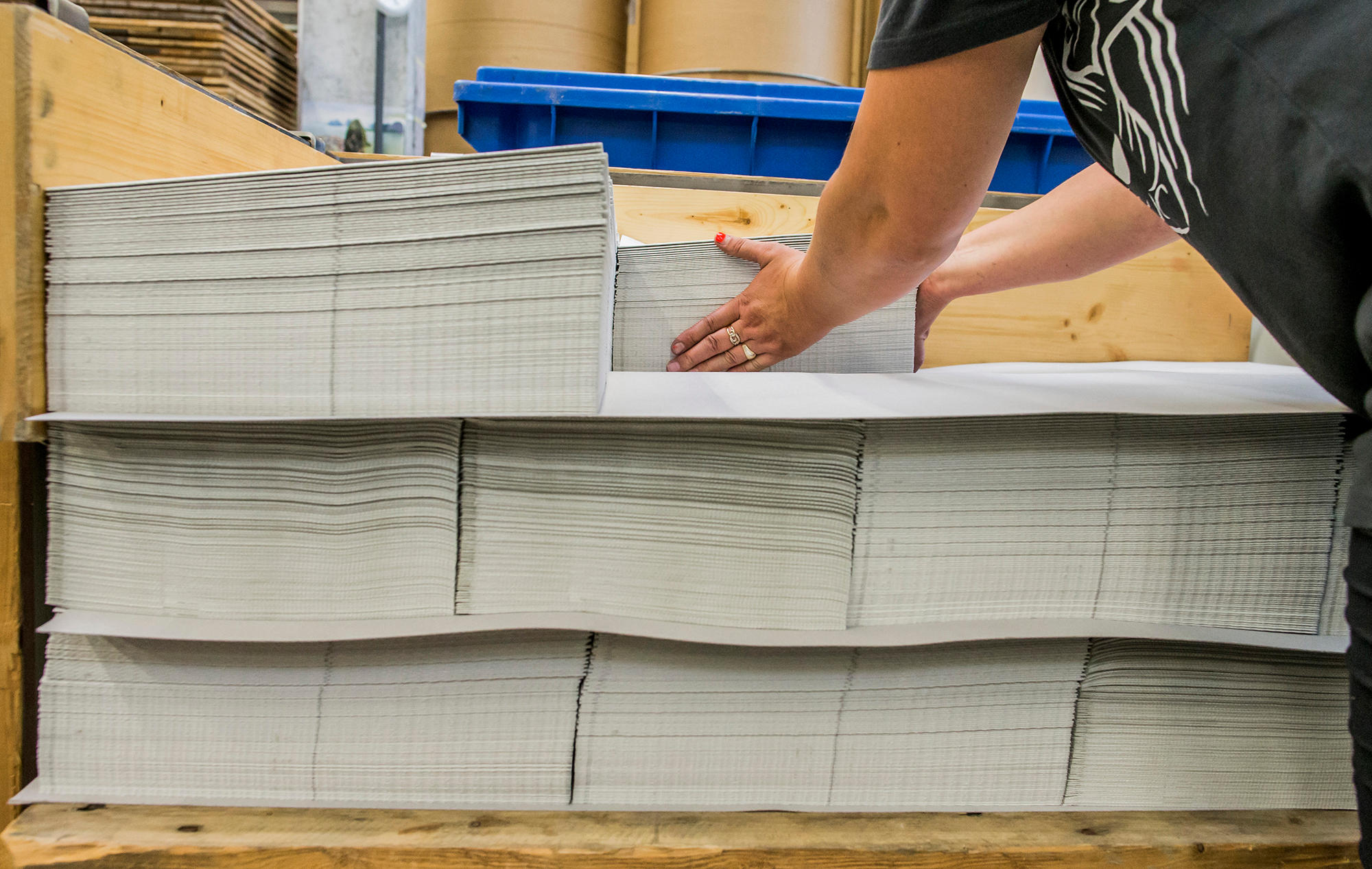
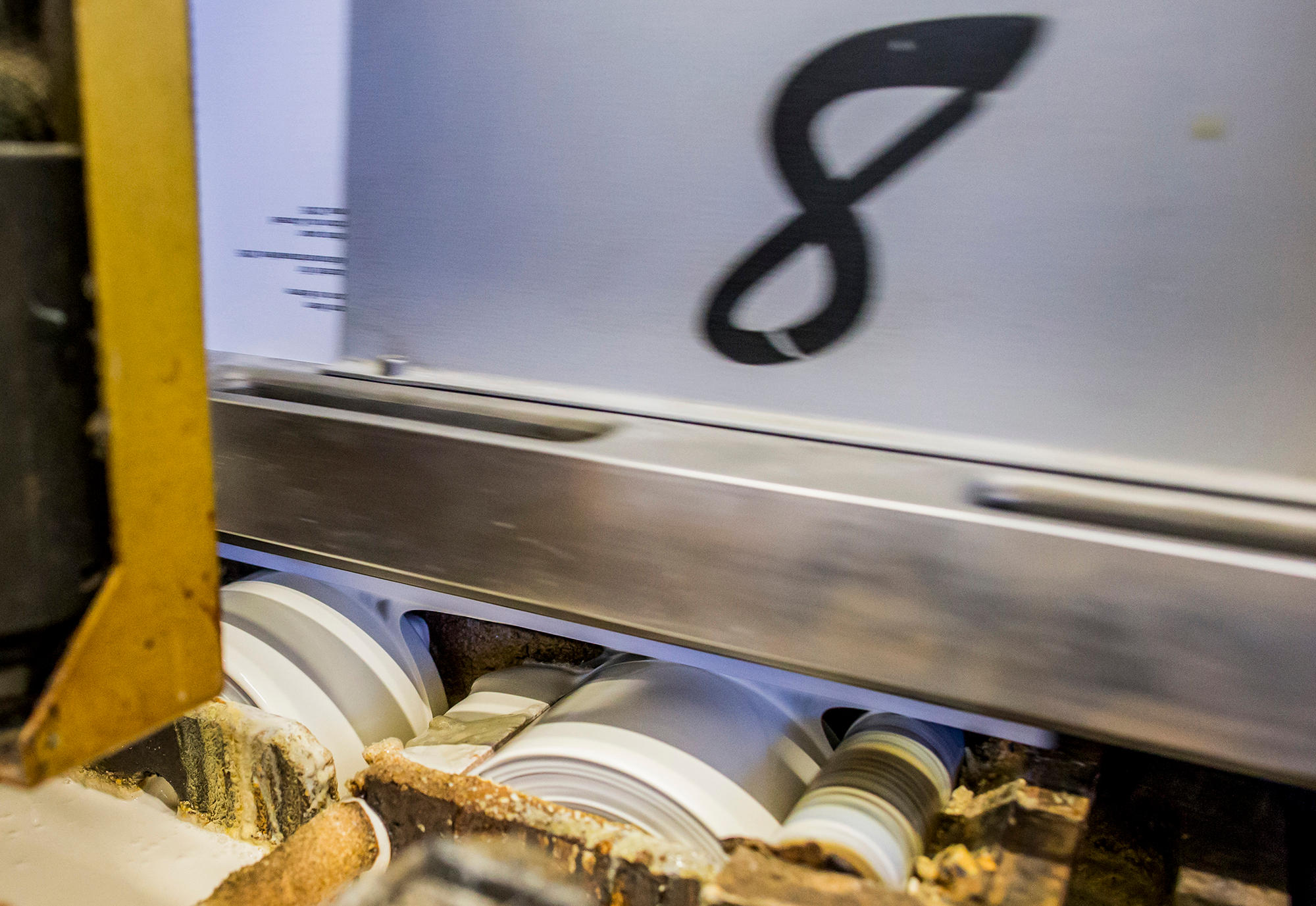

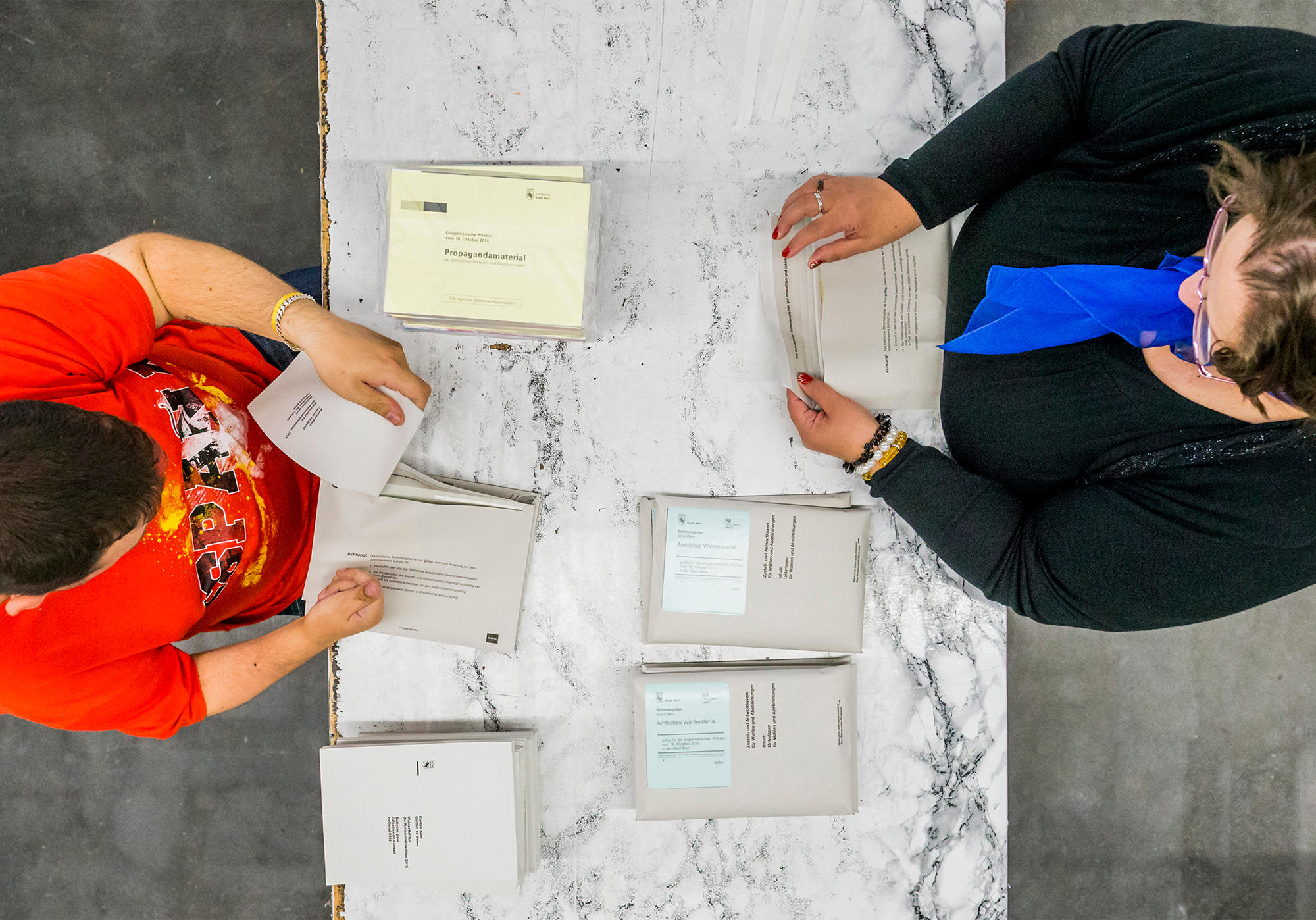


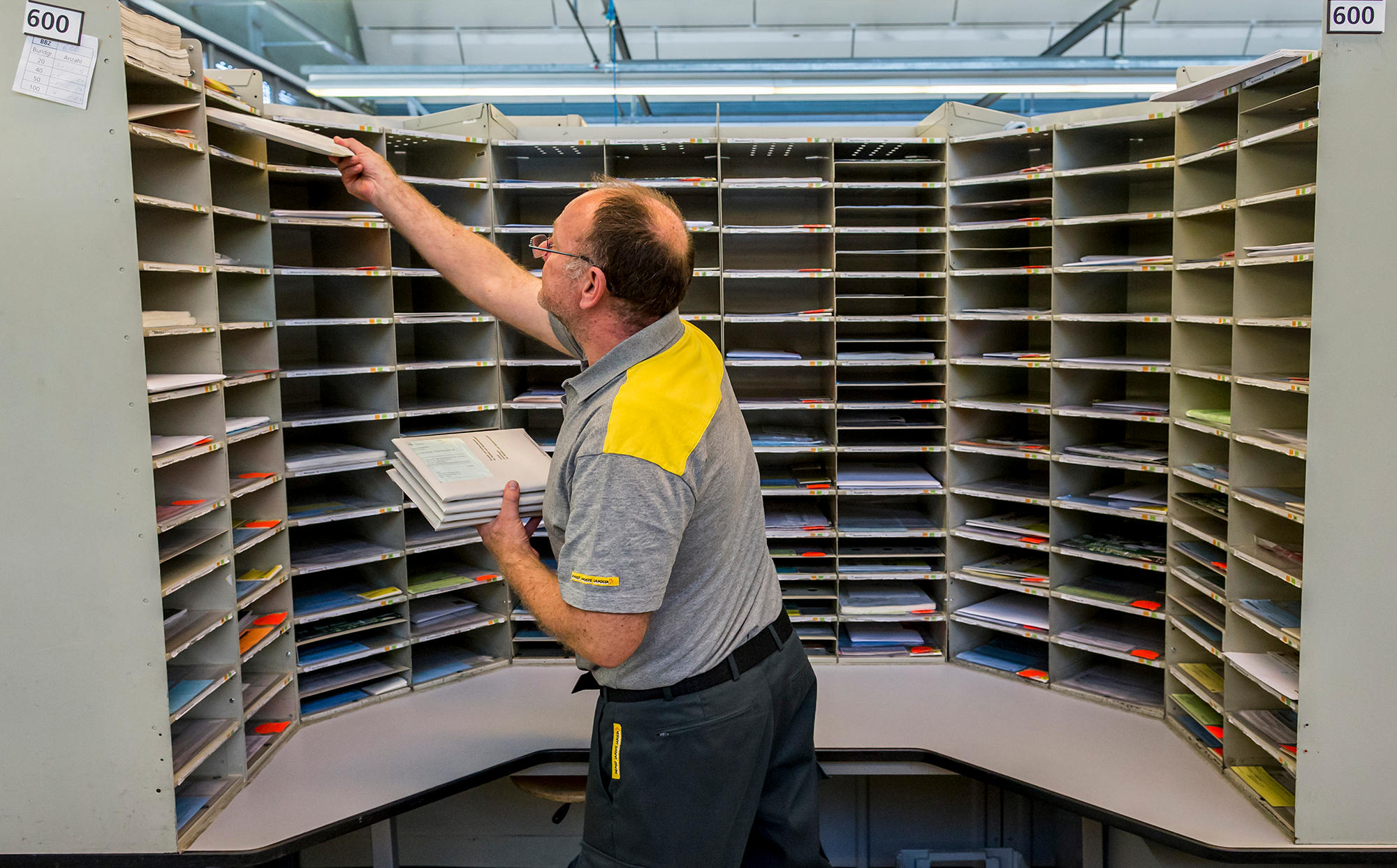
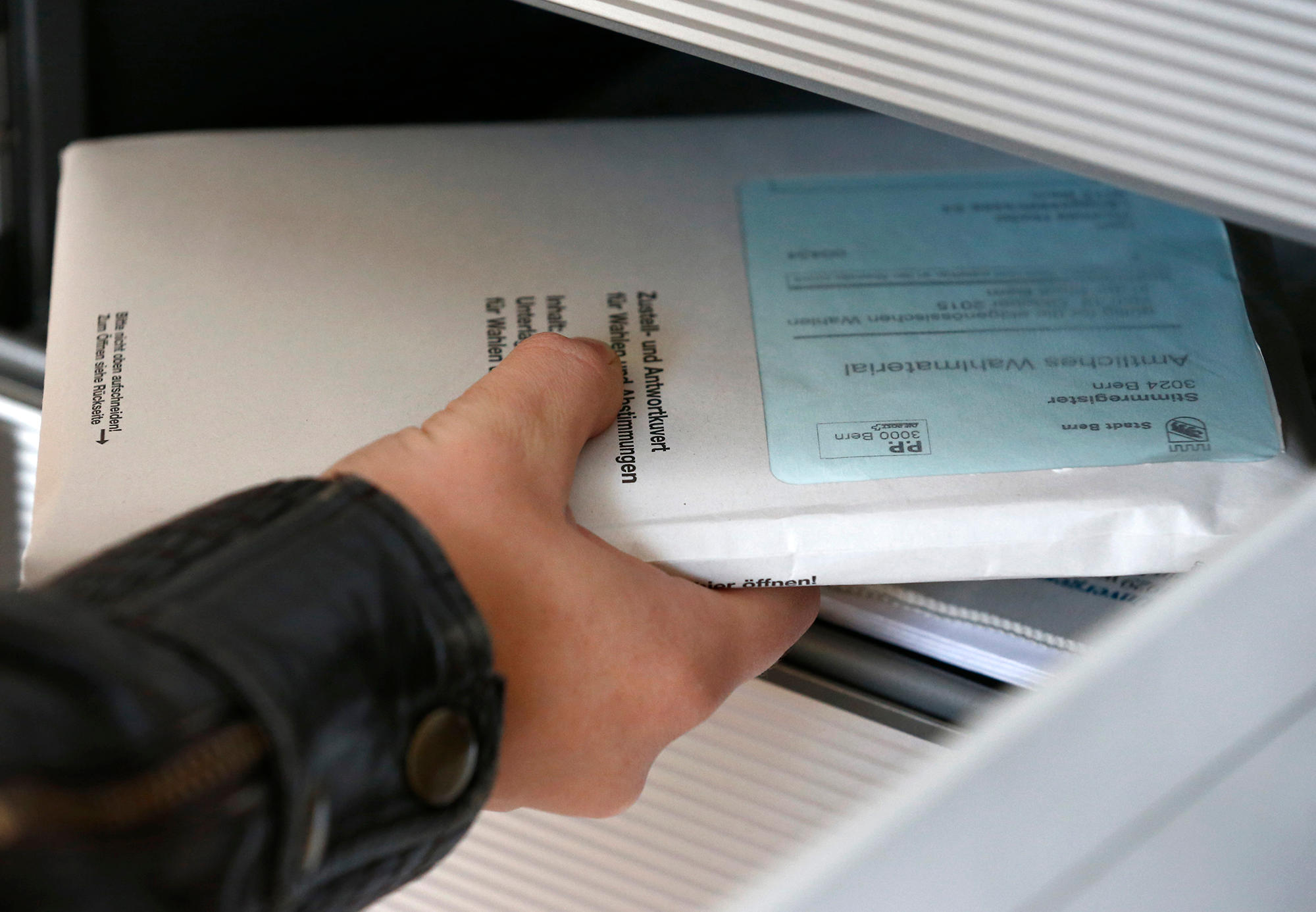
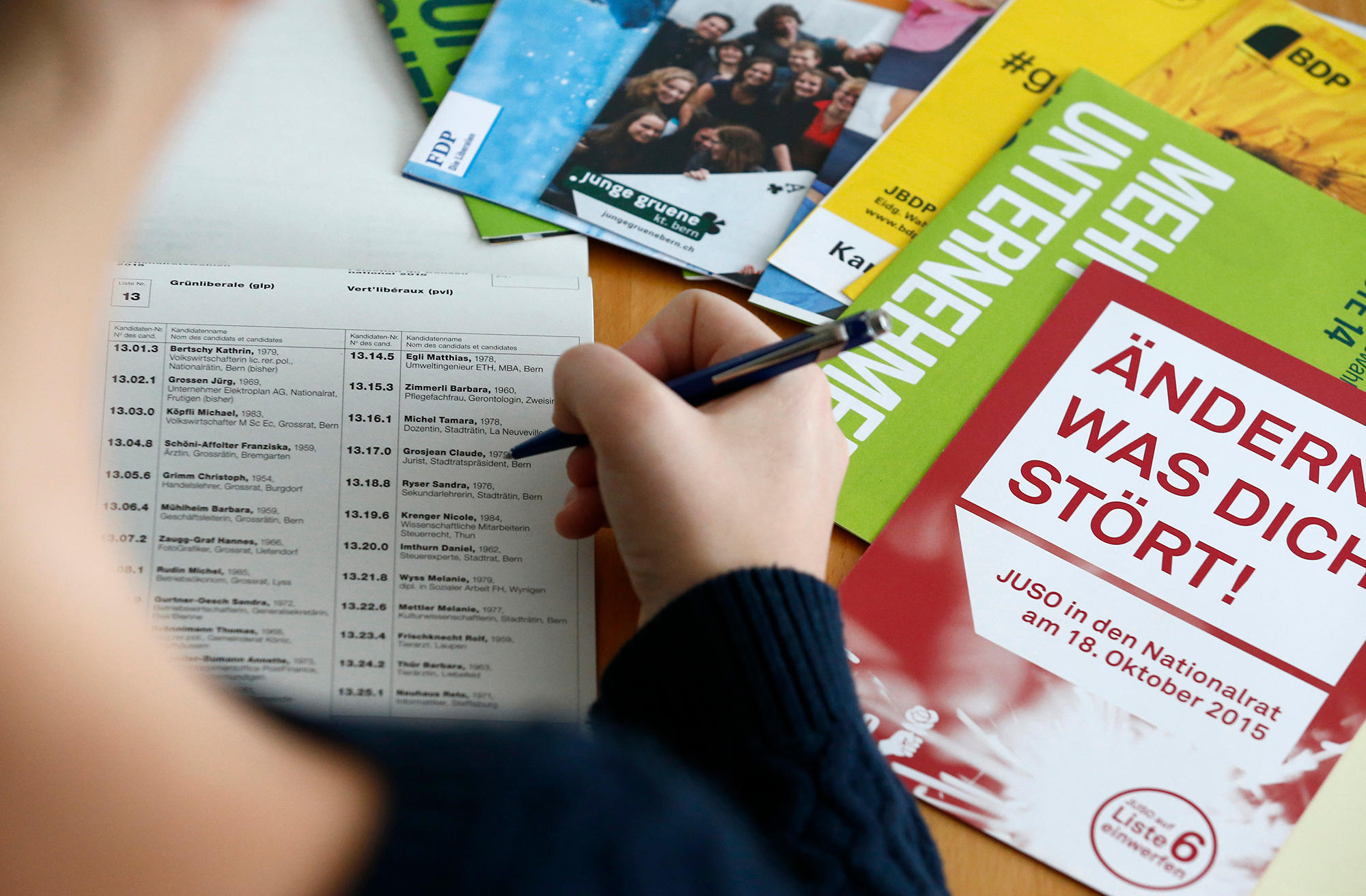
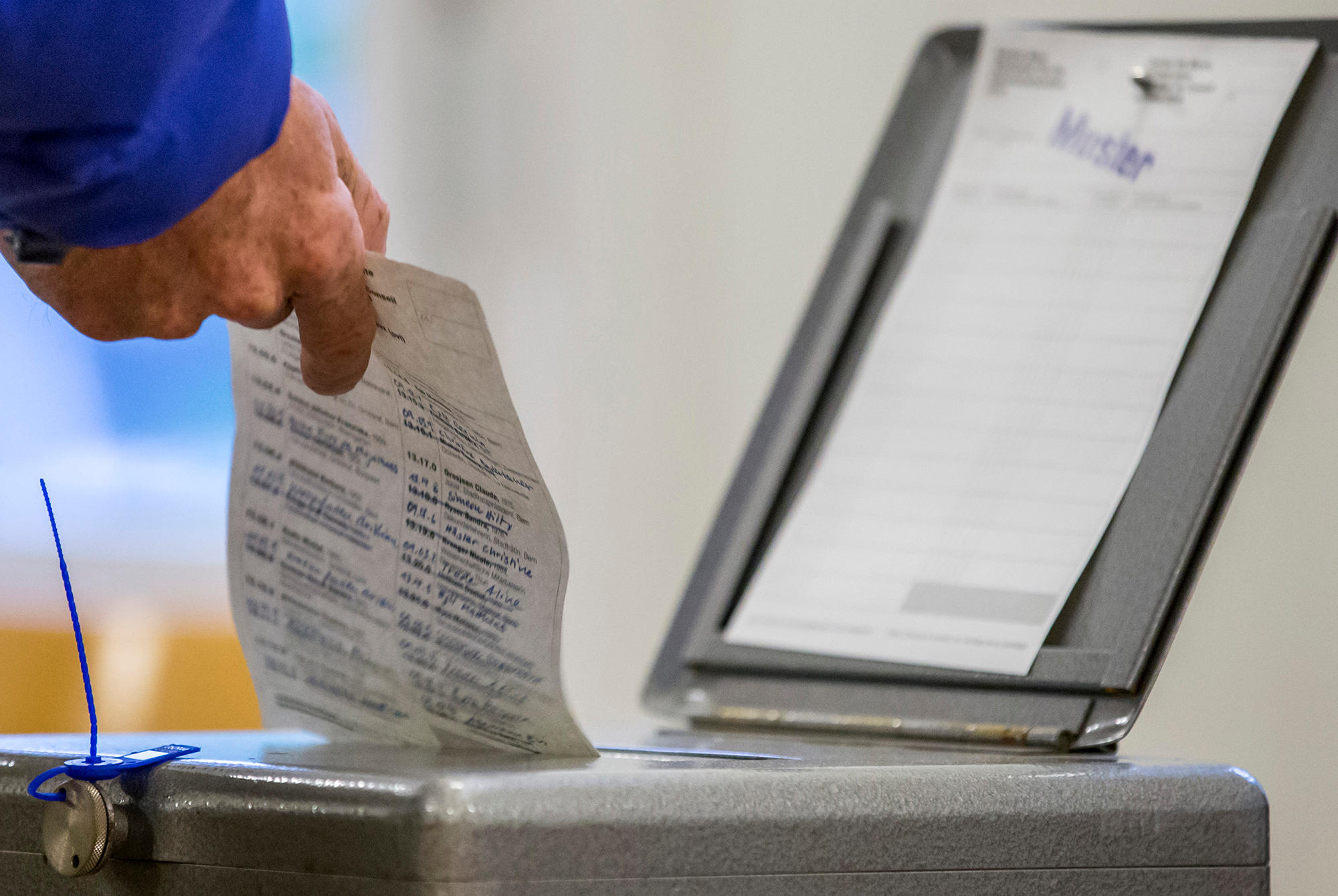
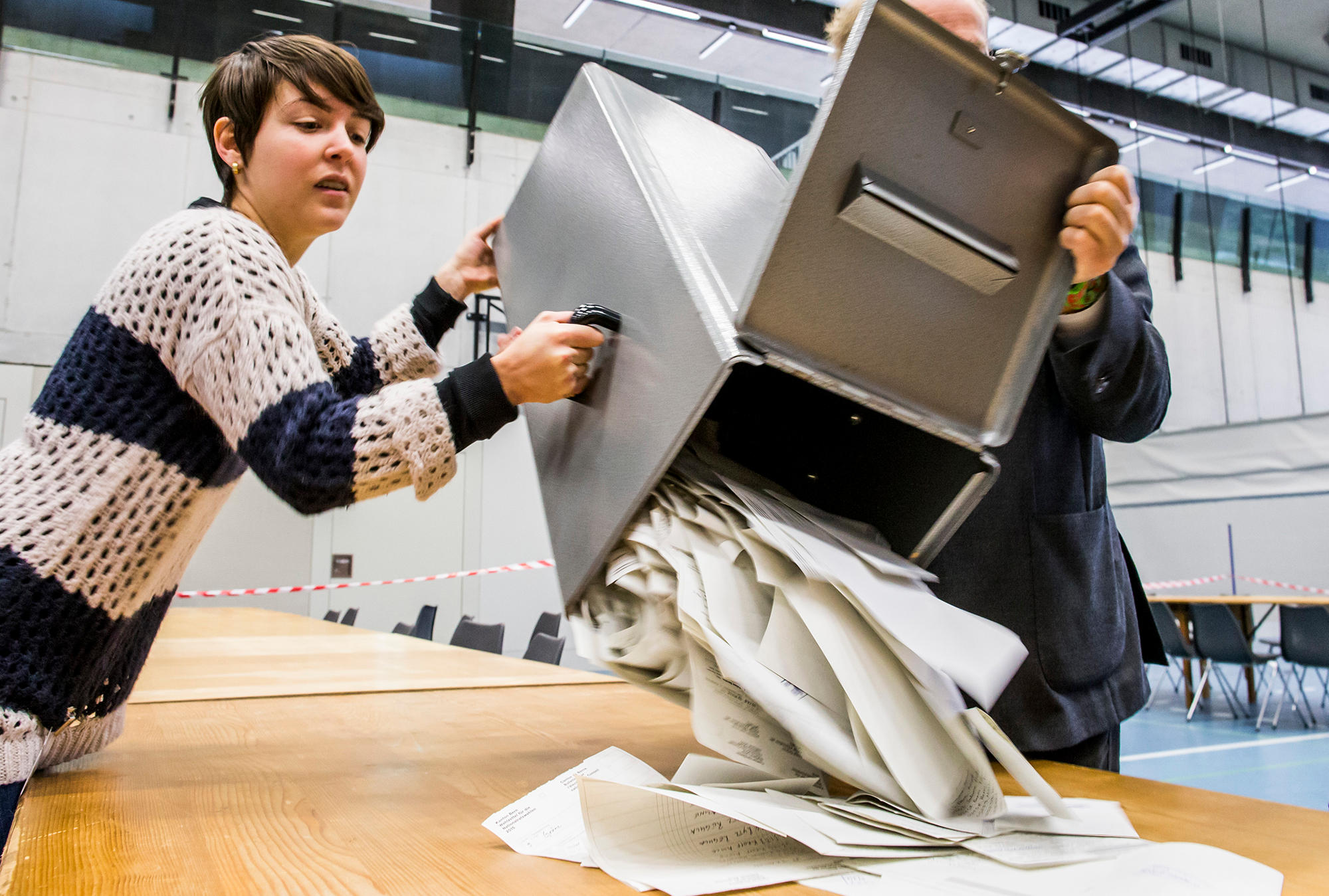
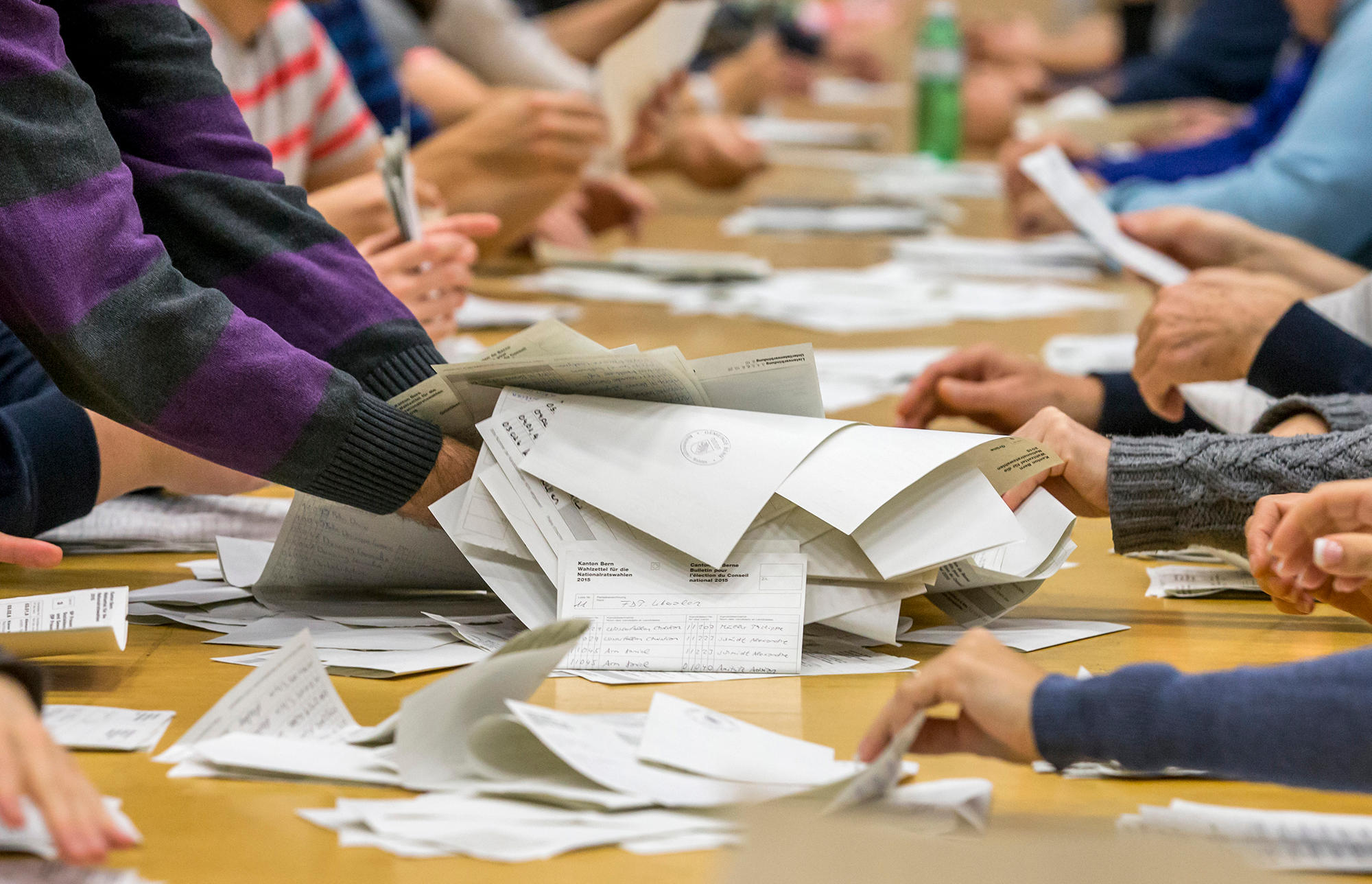
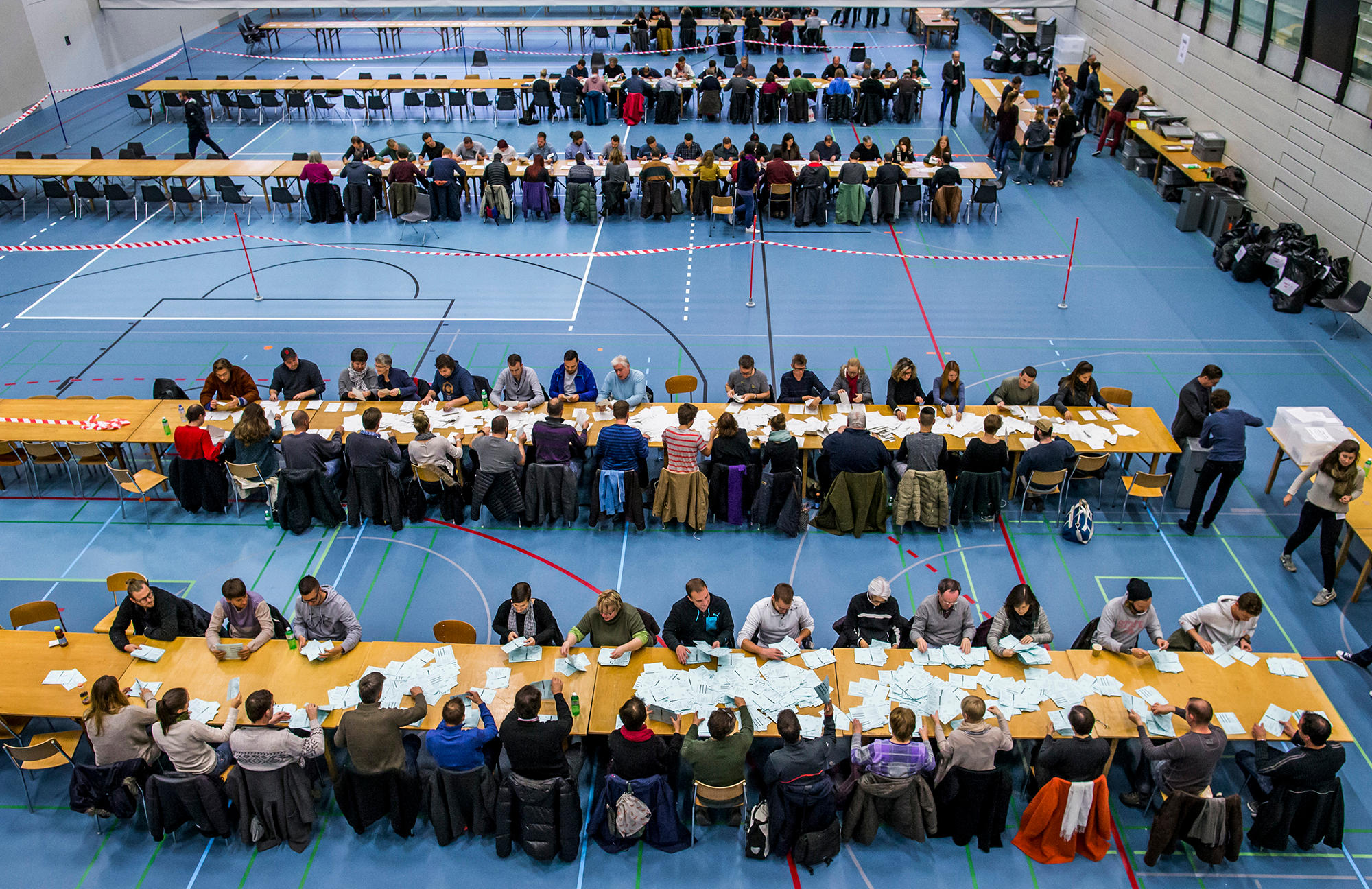


Join the conversation!